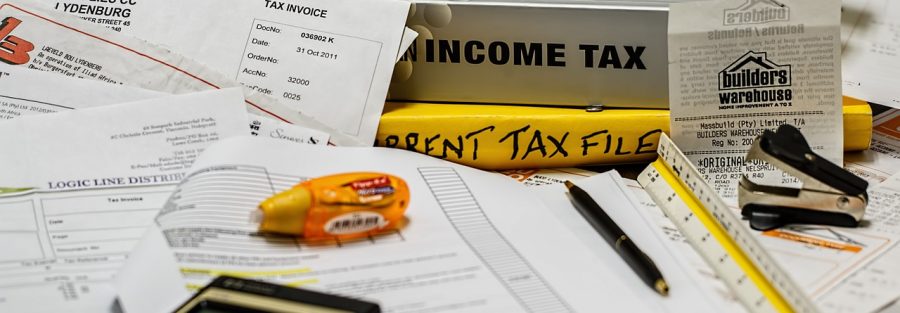
4 weeks ’til tax year end – so here’s 4 tax planning tips…
07 March 2017
Tick off your tax year end checklist…
There’s around a month to the end of the 2016/17 – so here’s 4 tips to undertake in those 4 weeks that could save you a bundle in tax:
Keep tabs on your pension contributions– Tax relief on pension contributions is hugely valuable – a higher-rate 40 per cent taxpayer in effect pays just 60p for every £1 that goes into their pension, whilst a basic-rate 20 per cent taxpayer pays 80p. Maximise your contributions as far as your current financial means allow, but high earners should keep the lifetime pension allowance in mind. The current allowance is £1 million, having been reduced from £1.25 million in April 2016, so anything over that amount in your pension is taxable.
Maximise your ISA contributions– Making the most of any Individual Savings Accounts you have is a sensible way to invest your money. If you reach the end of the tax year without reaching the investment limit for your ISA, there’s no way to carry it over to the following year, so consider what you can invest before midnight on 5th The limit for the 2016/17 tax year is £15,240, rising to £20,000 for 2017/18, and unlike a few years ago, contributions can be entirely made up of cash if you wish.
Capitalise on your Capital Gains Tax Allowance– The Capital Gains Tax Allowance for the 2016/17 tax year is £11,100 per individual, which means that couples do not pay tax on gains of up to £22,200. Don’t forget this applies to second homes, shares and funds outside your ISA and the sale of expensive personal items such as watches, paintings, etc (although genuine gifts from a civil partner or spouse do not count towards the allowance, and there are other CGT exemptions too, such as charitable donations) Basic-rate taxpayers pay CGT at 10 per cent (or 18 per cent on sales of second homes) while higher-rate taxpayers pay 20 per cent (or 28 per cent on second properties) – consider that a large one-off gain may tip you into the higher rate, so you may wish to spread your gains across several tax years where feasible.
Boost your children’s savings– minors can also merit from tax tips too. There’s a common myth that children don’t pay tax which is simply not true – they’re taxed in exactly the same way as adults. The difference is that most children don’t have jobs or earnt income, and so for the 2016/17 tax year, they can earn up to £17,000 from savings without paying tax on it (that’s the £11,000 personal allowance + £5,000 starting savings allowance + the new £1,000 personal savings allowance (PSA). If they have a Junior ISA, make the most of the £4,080 investment limit. Don’t forget they also have the same Capital Gains Tax Allowance and can make pension contributions of their own – according to HMRC figures, around 60,000 under-18s already have a pension plan (we’re all for early tax planning here!)
For more information on tax year end tax planning, contact the office.